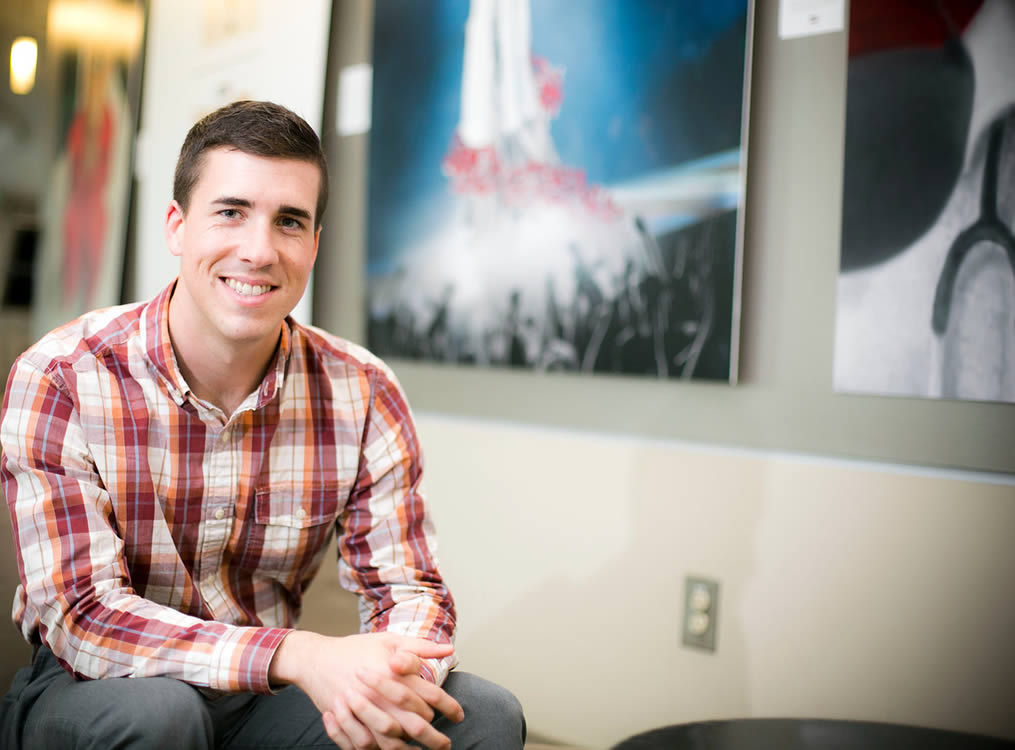7 a.m.-12 p.m.
I wake up and work out at the Woodruff P.E. Center, eat breakfast, then go to my Community Needs Assessment class.

I wake up and work out at the Woodruff P.E. Center, eat breakfast, then go to my Community Needs Assessment class.
Attend an Association of Black Public Health Students (ABPHS) lunch meeting. I think ABPHS is the best opportunity for all students, but especially those who identify as minorities, to meet, discuss, and analyze issues critically.
I head to my REAL position at CARE USA as the Monitoring, Evaluation, and Learning Intern. I work with CARE's Tipping Point Initiative in Bangladesh and Nepal, which is a project to influence and address child marriage's decision-makers, change-agents, and root causes.
I volunteer in the after-school tutoring program at the Fugees Academy in Clarkston, Georgia. It’s part of the Clarkston-Rollins Connection (ClaRC), which is Rollins’ community-engaged learning program, offering public health students the chance to contextualize their educations at the community level by meeting identified needs through service. I manage recruitment and messaging for ClaRC as a Paul D. Coverdell Fellow.
I’m an NCAA soccer referee, so if it’s the fall season, I’m probably running around some university’s soccer field during this time.
Head home, eat dinner, follow up on e-mails, and do homework and any required reading.
"You know what I learned about myself after three years teaching as a Peace Corps volunteer in Micronesia followed by two years directing programs at a Detroit-area nonprofit? I didn’t have any research and program evaluation skills to create (or measure!) change. BSHE and the Interfaith Health Program changed that. Now, I’m equipped and empowered to pursue my passion to promote adolescent health globally."